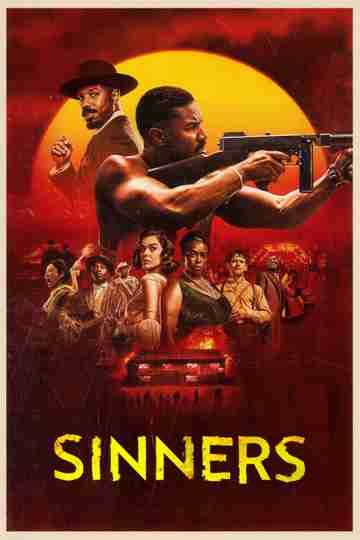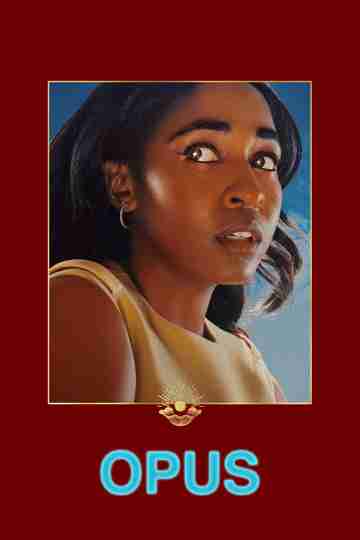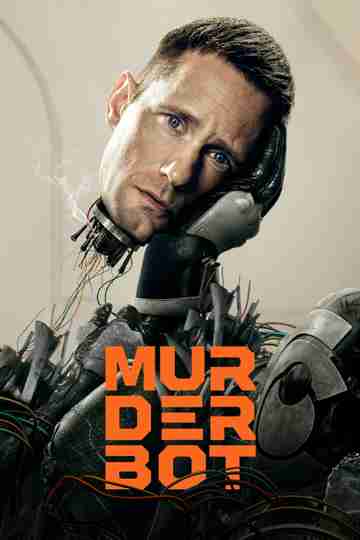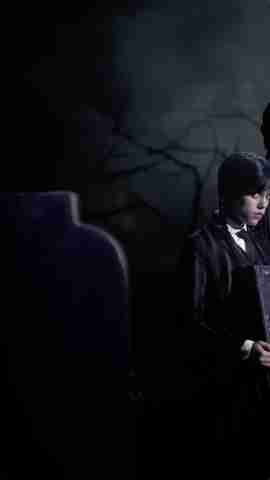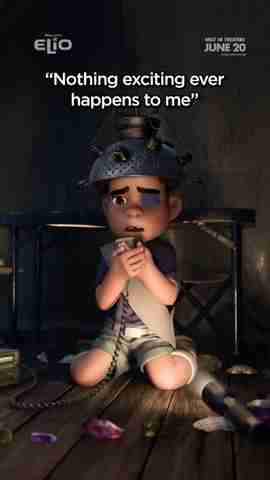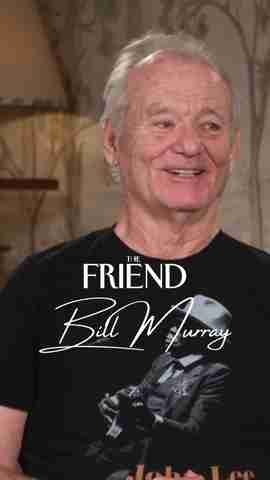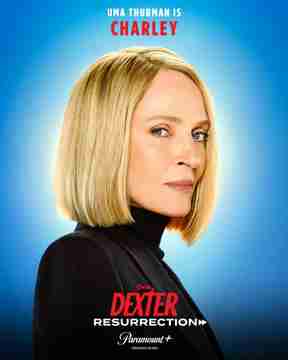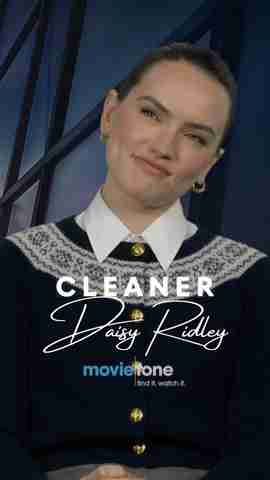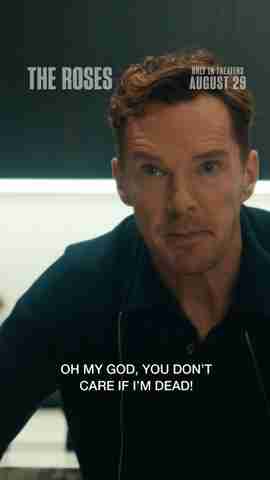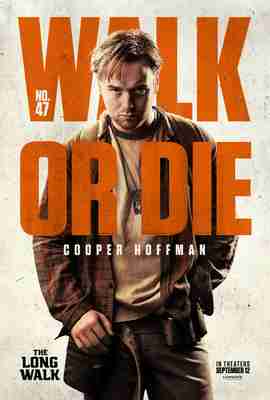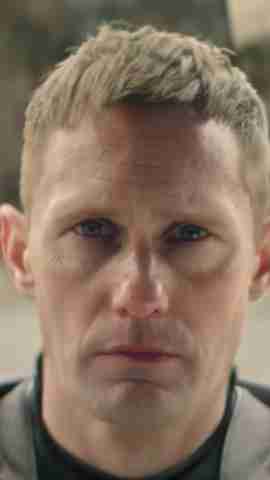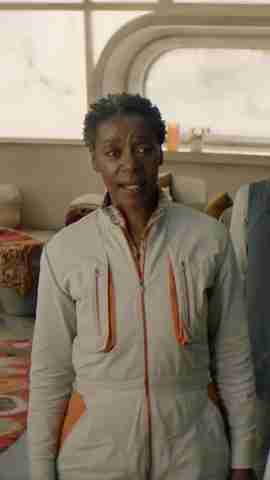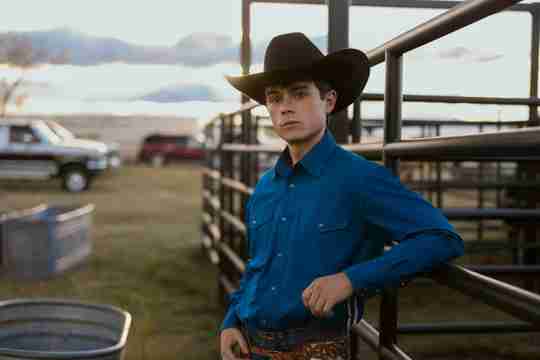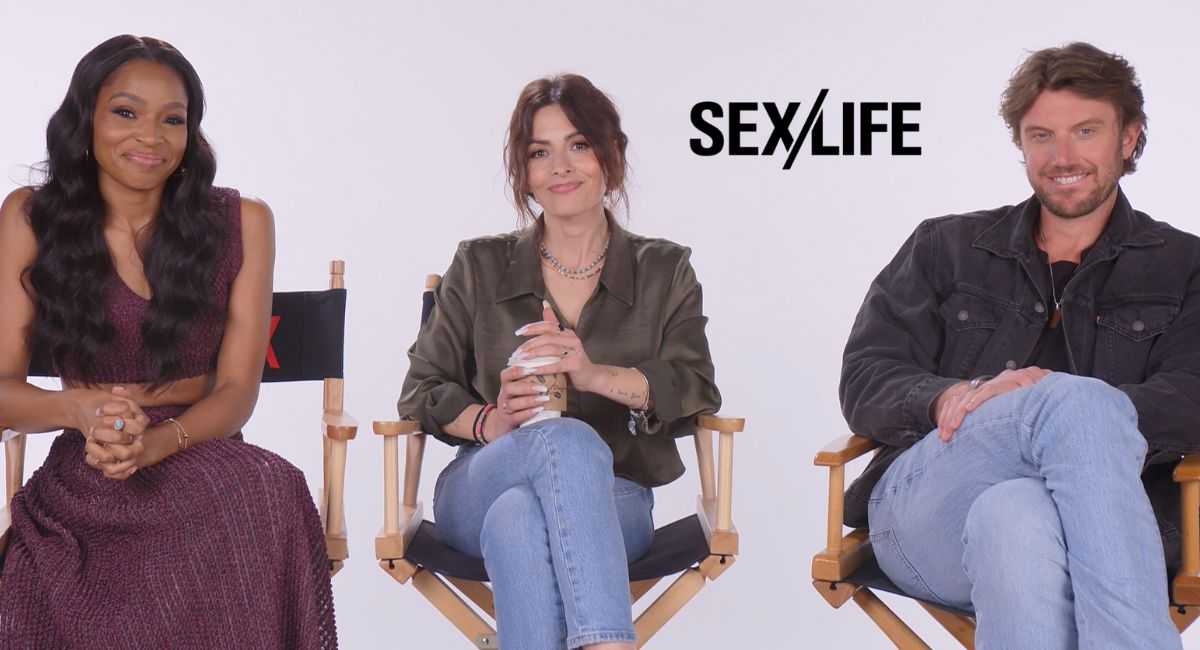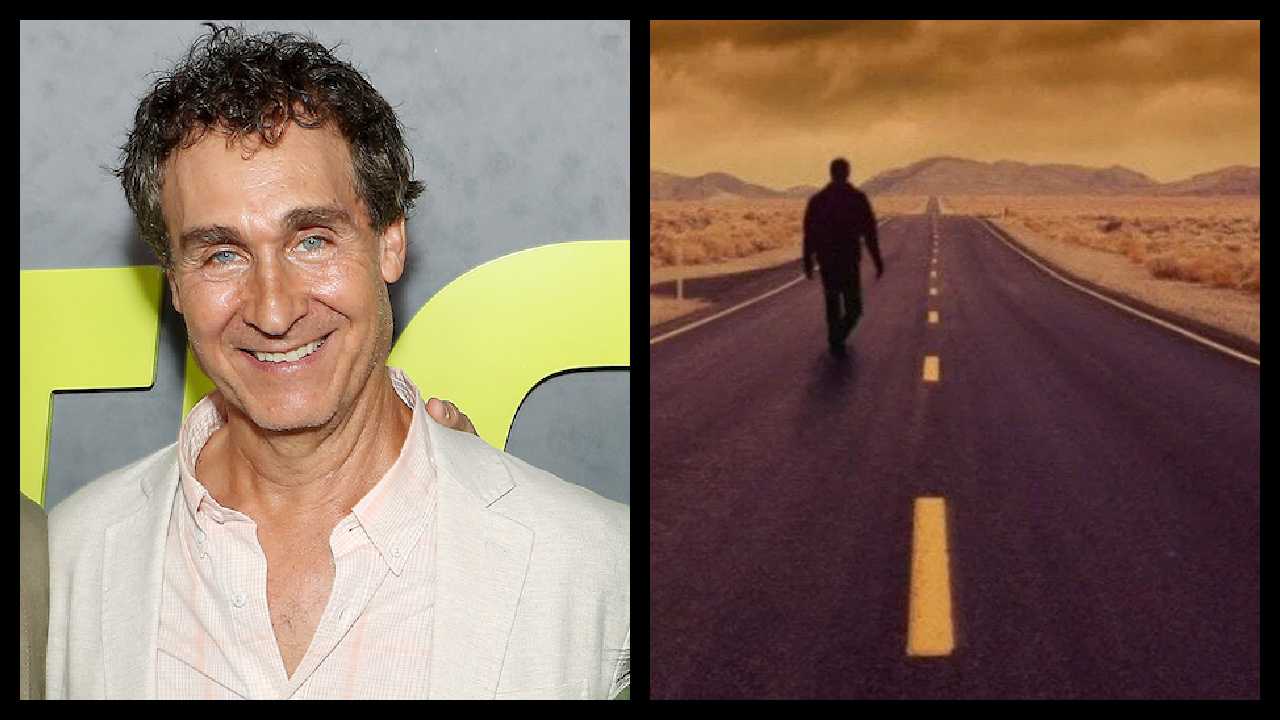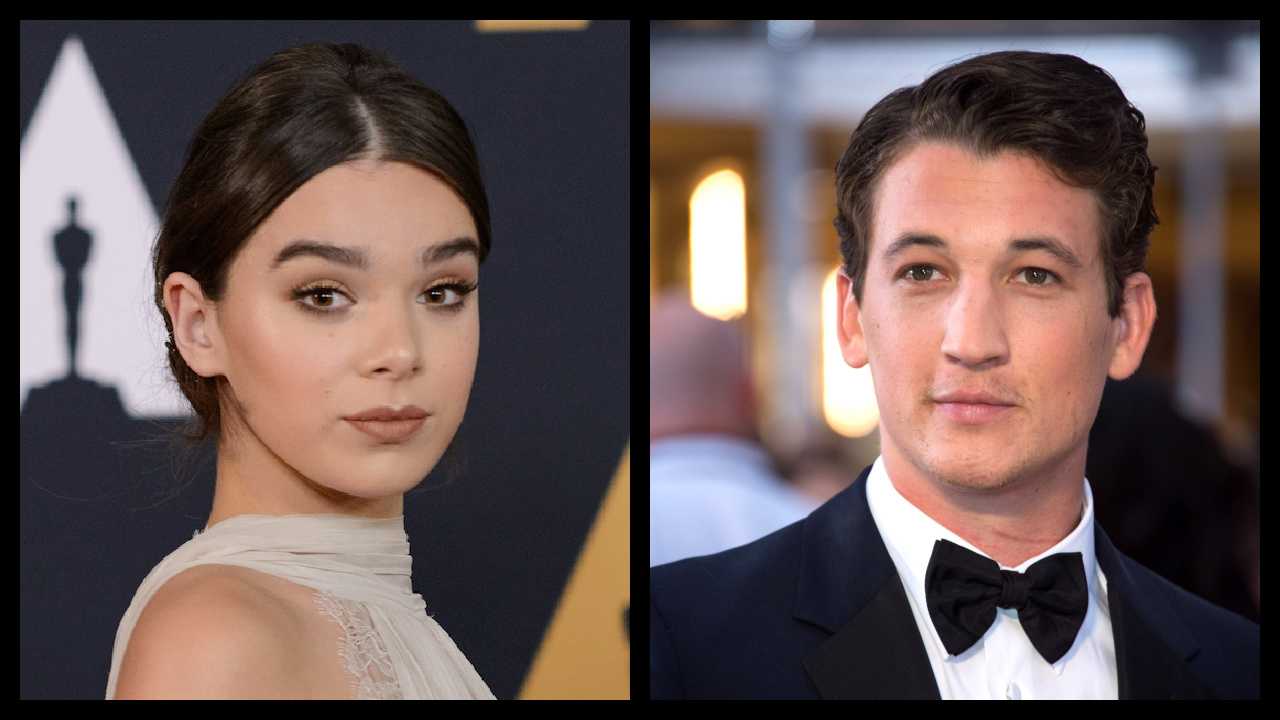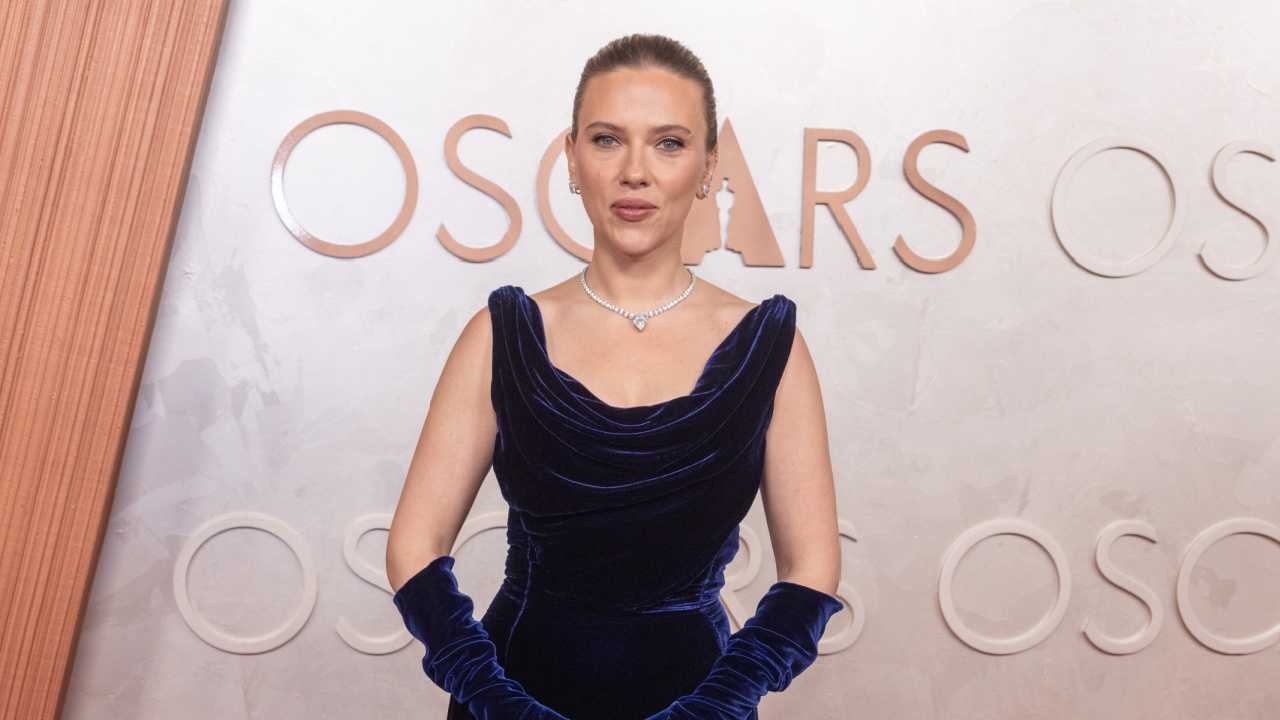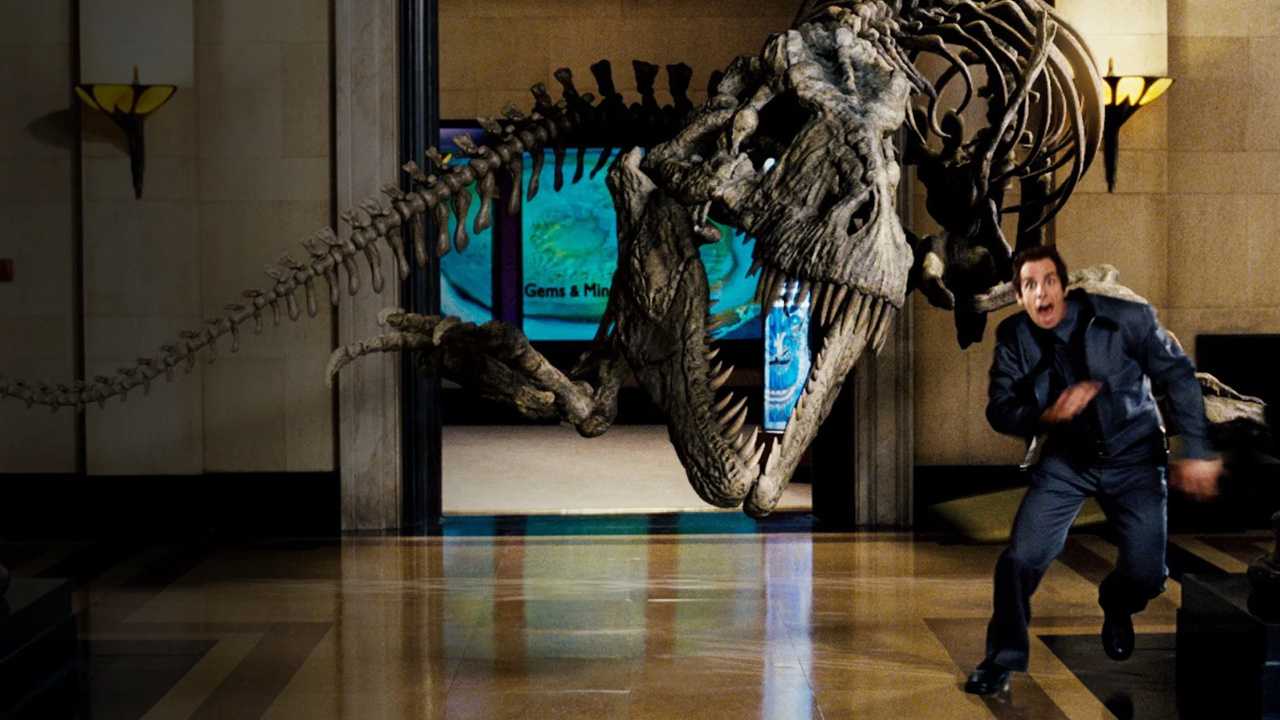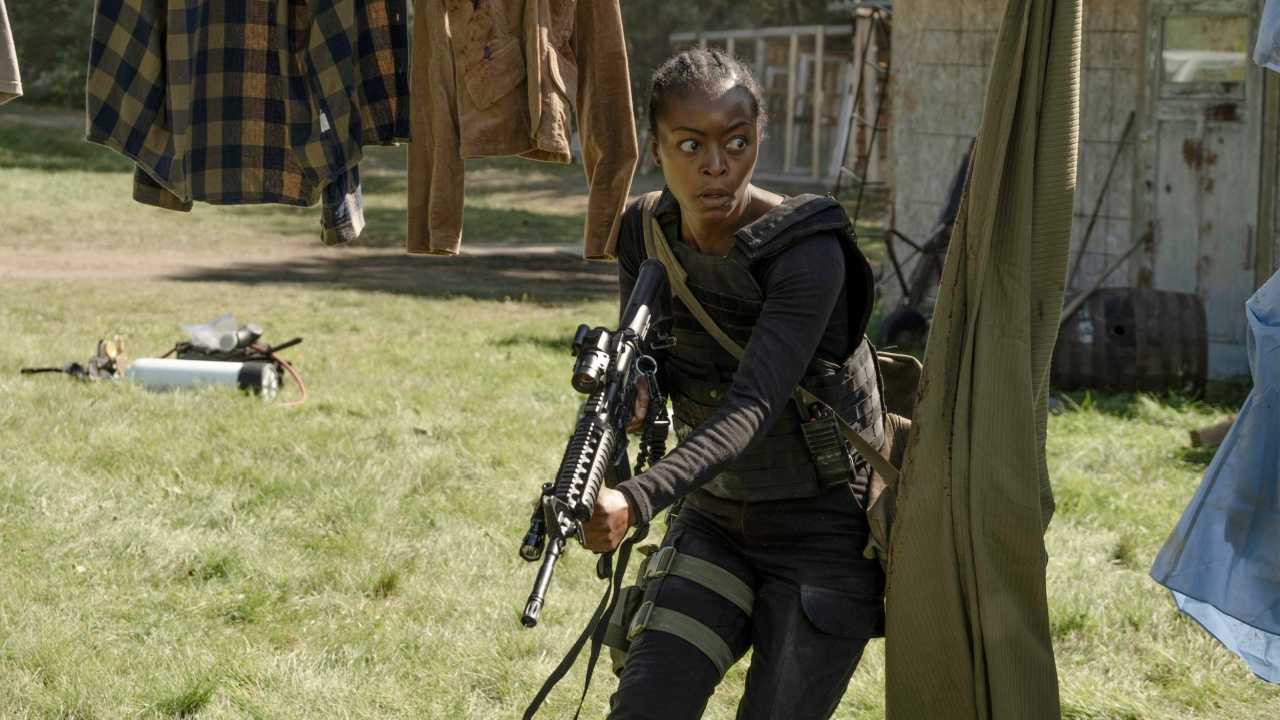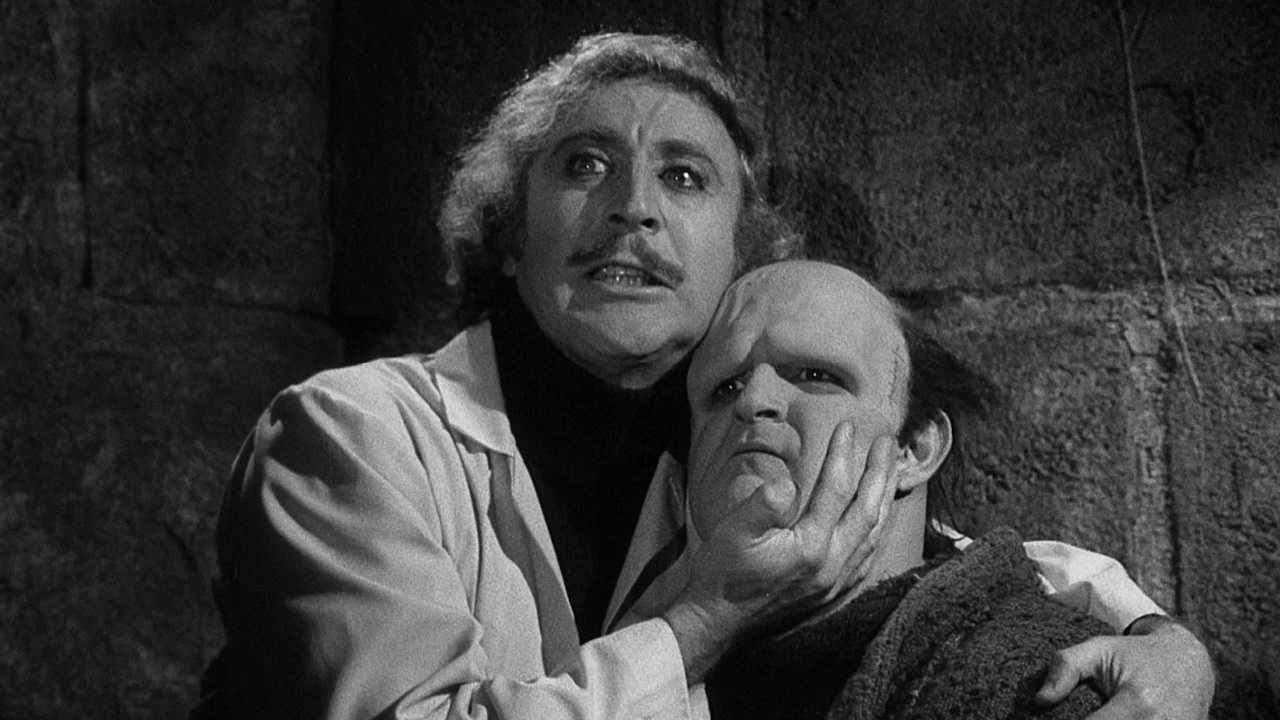The Cast of the Netflix Drama ‘Sex/Life’ Talk About Their Racy New Series
Stars Sarah Shahi, Mike Vogel, Margaret Odette, and Adam Demos join showrunner Stacy Rukeyser to talk about using an intimacy coordinator, the female gaze, and the importance of having women in the writer’s room.
Read on for more with the cast and showrunner of ‘Sex/Life’
Moviefone: Can you describe your characters?
Sarah Shahi: Billie is this, I kind of like to think of her as this dynamite in a box. She has an appetite for life that's sort of larger than Texas. And when we first meet her, she seems to have it all on paper.
You know, she's got the perfect husband, the perfect kids. It's sort of the dream life come true, but she is having this identity crisis. And you just can't stop thinking about the days of her past, where she was just wild and free.
And in particular, there's this one guy who just keeps haunting her, and he comes back and she kind of has this choice to make, is she going to take a bite of this forbidden fruit, or if she's going to sort of settle for the comfort of the life that she's in?
Mike Vogel: I think Cooper is a kind and idealistic man, seemingly the perfect husband and perfect family man. He's built this house and this marriage and this wife, this life. But I think this affords him a lot of blind spots.
I think it's indicative a lot of relationships, a lot of marriages that have gone for any length of time, you develop these blind spots. You think that everything's great, and you quickly find out there's a lot of work to be done here. That's kind of about Cooper seeing if he can overcome those obstacles and make up for lost time.
Margaret Odette: Sasha Snow is, in a word, badass. She is this fun, highly intelligent, highly opinionated, unapologetic woman, who also is very loyal and very grounded, and will fight for what she cares for.
And that in this series manifests as her best friend, Billie, who she met in grad school in Columbia, they're both pursuing their PhDs. And then in the present, she's still very much is that main confidante that she works to negotiate all of these new things that are happening and unnerving for her as she contemplates is she really happy? Does she really feel like she has it all?
Adam Demos: Yeah. Brad is a successful music producer. He is cool, charming, but he has a lot of walls up and through his relationship with Billie, he's forced to deal with a lot of issues that he suppressed from his childhood and a lot of things like that come up. And then in the present day, it's like he's dealt with them, but he has to live with the regret of not doing it sooner. So yeah, he's a complex dude.
MF: Stacy Rukeyser, you said the Billie story is very personal to you. Can you talk about that a little bit?
Stacy Rukeyser: Yeah. Well, so I'm a wife and mom, myself, and I have two adorable boys who I love more than life itself. And yet, there were nights when I was up late with them, when they were babies and nursing them in the middle of the night.
And I sort of thought, "Wow, okay, this is who I am now. And where did this other girl go that I used to be?" I have a husband who's doing just fine in the pleasing me department, but I really could relate with this idea of missing those incredible single girl in the city days and wanting a piece of that back.
MF: Right, because you're staying up late, but you also have those moments where you think, "I used to stay up late like this all the time."
Rukeyser: Yes! And I wasn't as exhausted as I am now.
MF: In 2021, is it still kind of subversive to show that a woman enjoys sex?
Shahi: Yeah, it is, and it's one of those things where most of the times, if you have sex in particular, it's kind of shot through the male POV, and depicted through the male lens. But this time we have a situation where not only is the show written by women, but it's also directed by women, our showrunner is a woman.
And we kind of flipped that script a little bit and the lens kind of gazes on the male body a little bit longer. And we're able to show women, me, Billie, being pleasured in a lot of ways other than missionary.
So hopefully this is something that will be almost like an educational tool to some people, but it is an important thing I think too, just that woman representation is something that's been missing for so long that I'm just super proud to be a part of a show that does that well.
Rukeyser: I think that even movies or TV shows that are about desire and sexuality are very often from the male point of view, and it's about the kind of sex that the man likes and whether or not the woman will agree to like that kind of sex or come to like that kind of sex.
And this is very different, and often yes, women who have desire and say "I've had sex and I want to have more sex and then better sex" are often portrayed as bad girls. And there are a lot of other less tasteful words for them that are put on those characters.
And so this was a chance to really kind of flip the tables and hopefully let women feel seen, to say that it's okay to be a wife and a mom and a ravenous sex goddess all at the same time.
Odette: I would say that it's not only subversive, but still very, almost taboo in a way. I feel that a lot of what I've consumed from television has not really looked at the female gaze through a project and really looked at female desire in a way that's nonjudgmental, that is really putting the woman in the center of the sexual experience, and that is also fun while doing that.
So for me, this was like a breath of fresh air getting to work on this material and getting to have these vibrant, varied sexual engagements and not have there be kind of this lens of judgment assessed over all of it.
Demos: I loved it because it's about time for starters and I really feel grateful that I get to be part of a show that's finally speaking on behalf of women's desires and wants and that it's okay. It's all these things. I feel very lucky. It's a shame it hasn't happened before, but I'm grateful that I get to be a part of such a creative, talented group of people who's telling the right story.
MF: There are female directors for every episode of this series. And the writers room was mostly women, right? What did that allow you to do?
Rukeyser: Well, it's been a long journey because, in the beginning of my career, I've been on shows where was the only female writer. I was on a show with 11 men and one woman. And that one woman was me. So it's very different and it's a chance to have your stories be validated.
That's the most important thing is to say this story is honest and truthful and deserves to be told. And as writers, the men and the women on the writing staff were very open and honest about their lives and our own journeys. And yes, the sex that we've had and that we want to have as well. And then, our directors and, yes, all female directors, brought it to life in such a beautiful way.
And part of that is such an elevated way of showing this, it's beautiful lighting. The music is Mark Eisham and Isabella Summers. And it's all of that, I think, wraps it up in a package that says this story has merit, this deserves to be told and to be taken seriously.
MF: When you talk about having some frank discussions in the writer's room, did that take a bit to break through any discomfort or awkwardness?
Rukeyser: Several of the writers are people that I've worked with for a while now, I brought a bunch of my writers from Unreal, so we kind of have a shorthand. But also I'd like to think that I make it a safe space where people feel like they can share and that it's encouraged. And I have fearless writers too. I think you have to be, to be able to put your heart and soul on the page like that.
MF: There’s a lot of narration from Billie. Was that done after the shoot, or did you do that before?
Shahi: A lot of times it was a situation where Stacy, Rick Hauser and I, our show runner, we would try to steal moments. I was in almost every frame of the show. So my time was very limited and either it would be at rap or during lunch, and we would just kind of escape into a quiet corner, and we would start recording things.
But as an actor, for me to prepare those scenes, it was super tricky. It's one thing when you prepare a scene, and you know exactly what's going on. It's another thing to prepare a voice-over to a scene that you haven't yet done.
And, even trickier for me was when I had those flashbacks, because the way in which I would go into a flashback, and then I would come out of the flashback, I wanted to make sure that I honored all of those moments, and each one was slightly different. Whether it be a breath in, a breath out, a blink, my face was buried, something. It was just important to honor each of those moments separately.
MF: Mike, I read that you make playlists for characters that you play.
Vogel: I do. For me, music has always been a massive... crutch, maybe. It speaks to me. What I love about a song is that it can put you in a time, in a place, in a moment. There was one song by a group called Seafret called, Ocean.
The entire song is about this ocean that has developed between us, right under our noses, that we didn't even realize in our own relationship. I think it sort of exemplifies what Billie and Cooper are going through in this moment.
MF: Did you share that with Sarah before you start working? Or is that just something for Mike?
Vogel: It's something for me, I did play a couple of the songs for her in some of our more difficult scenes and everyone works different, and it may only speak to me and maybe not to her, but we all have different things. I think that we develop ways that we work in processes in which we work. That's one for me, it always has been. For me, nothing kind of puts you in a place like a song.
MF: How valuable is it to have the intimacy coordinator?
Shahi: Yes. Well, this was my first time working with one and, I can now say, I can sit here and speak of the value to them because with a show like this, which was very heavy in the intimacy, a lot of things were discussed. A lot of things were choreographed, so there were no surprises on set. Everything down to, okay, I'm okay with you touching the left side of my boob, but please don't put your whole hand on my boob. Or where my left ass cheek looks a little better than the right, so if we can kind of angle a little bit. Those kinds of real conversations. But more importantly than that, for me, the sex on the show is not just sex. It is depictive of the character's emotional state. And so for me, it was important to come from that point of view into the sex scenes.
So if that meant like we would discuss the most minute detail, for example, the breath in the sex. How are you breathing in this? Is this a scene in which the breathing is supposed to be heavy and graphic, and it's hard, or is this something that it's almost quiet and it's so intimate where you're just still, and you're locked in on each other. And if you notice the sex scenes between Cooper and the sex scenes between Brad, each of them have such different colors.
And then to add to that, we would sometimes reference animals in terms of the way that there is a scene in which Brad tells Billie he loves her for the first time. And the way in which we did that sex scene, it was like we were referenced two snakes, the way two snakes were sort of intertwined with each other, and so in sync and so slow. So there was a lot of attention to detail with the sex scenes.
Vogel: Massive, massive. Especially, we had no idea that the world was going to close down. When we started filming this, we filmed for three weeks, the world shut down for five months. We were one of the first shows back in Toronto, doing a show that everyone at the time said would never be able to be done in this type of environment. So that's a testament to how incredible our crew in Toronto was, the creative team and the trust amongst these cast members.
We were each other's for five months, the four of us we were the only people we could associate with. So it develops a trust and a closeness that I think lends itself to a show like this. But the intimacy, our intimacy coordinator, Casey Hudecki was incredible.
I think it's an indispensable role in, I want to say, in today's environment, but it should be in any environment in doing a show like this. Everything is rehearsed before we do it. There's never, there's not a hand out of place. There's not a move that's made that is not rehearsed. So no one is surprised. Everyone feels completely protected.
I think for spouses off-screen and everything else, it just has this trickle-down effect that everyone feels taken care of and protected. They've done such an amazing job in making that happen.
Odette: I mean, thank God that this has become an industry standard. I truly cannot believe it took so many men and other bad actors in our industry being put on public blast to have something so simple and so essential to what was our process become standard. Our intimacy coordinator Casey was fantastic. We rehearsed everything before coming into set. We knew everyone's boundaries before we worked on anything and everything was choreographed to a T so that we could really lose ourselves in the intentionality and the desires of our character.
Demos: Yeah, they created such an incredibly safe space for us all and the intimacy coordinator, someone that you can always go to is always there for just processing, just those moments and those scenes, so they're not lost in other areas that they need.
It's so good to have someone specifically for that. And when everyone's got a voice and everyone can speak about it, and you rehearse, it just becomes a safe environment, doesn't feel as intimidating when you actually get to shoot those scenes. Yeah, it's wild that it wasn't around before.
MF: Sasha's got that great floral robe that she's wearing a lot. It looks amazing on you. Is it tempting to ask to keep it?
Odette: Honey, I didn't get to keep any of those clothes! I'm so sad about it! Maybe if we get a Season 2, I don't know. But yes, we called that the "hero robe," and I truly felt like a superstar in it. And it perfectly encapsulates I think her energy and the patterns and the flow and even the materiality of it. So yeah, Sasha has some incredible wardrobe throughout the whole season and I was not mad at it.
‘Sex/Life’ is now streaming on Netflix.

